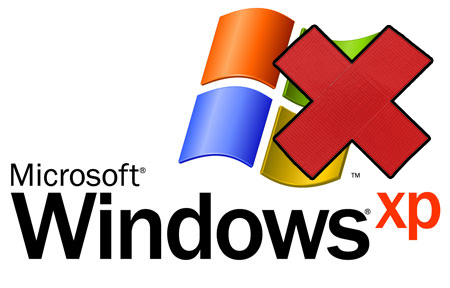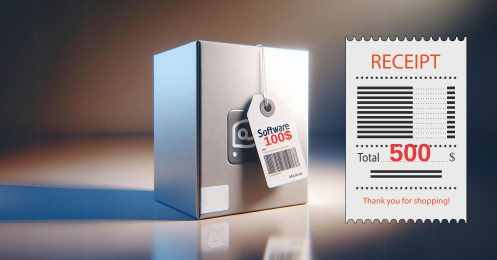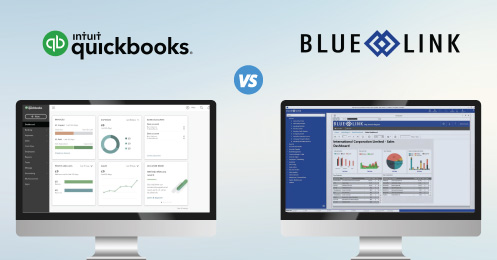Guest post by Raymond Desjardins
After many warnings from Microsoft, it appears that they are going to completely stop supporting (including through Windows update) Windows XP on April 8, 2014. Microsoft prefers to refer to this end of support as “sunset”. For larger companies with a lot of their current computers running XP Pro it could be “twilight” before they can manage to upgrade to a supported version of Windows. To fully realize the magnitude of the change required one must appreciate that XP presently occupies 37% of the installed desktop operating systems. There are twice as many legal XP installations than Windows Vista, Windows 8, and all the versions of Mac OS and Linux COMBINED. Since accountants in general would not be considered “early adopters”, I wonder what the percentage of our installations are still running XP? Since there is no straightforward one-step upgrade from XP to Windows 7 or 8, this will be a very time consuming upgrade.
Although the first reaction would be that we don’t really need to change from XP if it still works, the reality is that XP is a relatively vulnerable operating system with nowhere near the security underpinnings of Windows 8, or even Windows 7 or Vista for that matter. Once they stop patching XP with weekly updates, it will be even more open to hacks and security breaches.
When upgrading, XP users will have to decide whether they want the relative familiarity of Windows 7 (which is due for sunset in 2020), or go all the way to Windows 8 with a projected sunset date of 2022. They will have to measure the few additional support years of Windows 8 against the learning curve as opposed Windows 7. Notwithstanding how much I prefer Windows 7 to Windows 8, I would personally upgrade my existing (active) XP installations to Windows 8.
Whatever one decides, one thing is clear – it’s well past the time to retire Windows XP. It was a fine operating system in its day and may it rest in peace.










